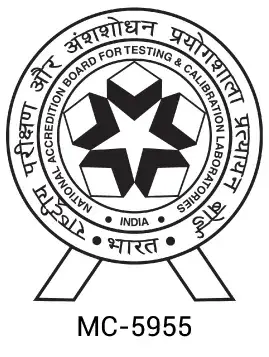Cancer Can Be Kept in Check
Tumor Informed + Tumor Agnostic Molecular Residual Disease (MRD) Monitoring
The Importance of MRD Monitoring
Molecular Residual Disease monitoring plays a crucial role in the management of cancer. By detecting molecular residual disease, healthcare providers can make informed decisions about treatment adjustments, surveillance strategies, and early interventions, ultimately improving patient outcomes.
Target-MRD is the only minimal residual disease/molecular residual disease (MRD) detection assay to implement personalized tumor-informed and tumor-agnostic MRD detection and profiling.
Dual Approach - Target MRD
Tumor-Informed
Our tumor-informed testing analyzes specific genetic alterations unique to a patient’s tumor , providing personalized monitoring for disease recurrence. This tailored approach allows for precise tracking of residual disease and treatment efficacy.
Tumor-Agnostic
Our tumor-agnostic testing utilizes broad genomic profiling to identify common molecular markers across various cancers. This method is ideal for patients without a specific tumor profile, ensuring that everyone has access to critical insights into their disease status.
Target-MRD Helps
Early Detection
of Relapse
MRD enables the detection of residual cancer cells at the molecular level before clinical or radiological relapse, allowing for earlier intervention and potentially better outcomes.
Tailored Treatment Decisions
MRD status informs personalized treatment decisions, helping clinicians decide whether to escalate, de-escalate, or discontinue treatment, depending on the presence of molecular disease.
Prognostic
Indicator
Detecting MRD provides valuable prognostic information, as patients with undetectable MRD often show improved outcomes, while those with detectable MRD are at higher risk of recurrence.
Guide to Post-Treatment Surveillance
MRD detection allows for ongoing monitoring in patients who are in remission, enabling dynamic adjustments of treatment and earlier detection of recurrence than traditional surveillance methods.
Advantages and Process - Target MRD
Robust Sensitivity:
Combination of Tumor-Informed and Tumor-Agnostic MRD.
Synergy of Technologies:
Utilising the two most advanced MRD technologies; NGS and ddPCR for accurate MRD detection.
Robust Specificity:
Paired gDNA analysis to rule out CHIP.
Contact Us
10 Medawar Road,
The Surrey Research Park, Guildford,
Surrey, GU2 7AE, United Kingdom
Bayreuth 95447,
Germany
Nasik, Maharashtra.
India
Accreditation*

To see our NABL-accredited scope, please follow the links for NABL accredited Scope.
*India Lab